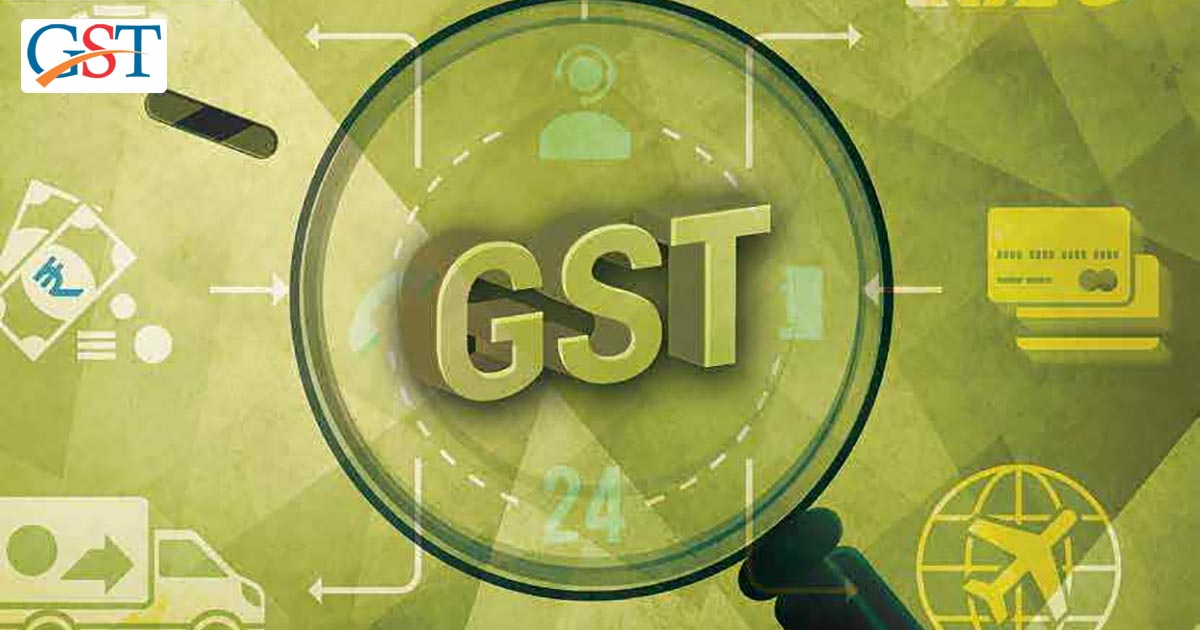The difference in liabilities reported in GSTR-1 with regards to that in GSTR-3B is a matter of great concern and will have to be analyzed in detail by the Government of India. The same seems to be the way ahead for the GST Council chaired by the Finance Minister Mr Arun Jaitley. The GST Council will now consider deep analyzing of data to find a root cause for such wide-scale discrepancy between self-declared liabilities in GSTR-1 and actual taxes paid while filing GSTR-3B. The high number of errors committed during data entry is both alarming and questionable. As per GST returns data,
- Only 16.36% of the initial returns filed and taxes paid match with the final returns and tax liability. The total tax paid by these section of the taxpayers amount up to Rs 22,014 crore.
- 34% of the remaining registered taxpayers paid Rs 8.16 Lakh Crore in taxes between July-December. However, a look at their GSTR-1 data hints towards a possible tax evasion amounting to Rs 34,400 crore.
- 49.36% businesses registered under GST paid excess tax to the exchequer. This excess tax amount stands at Rs 91,072 crore. These businesses have paid around Rs 6.50 lakh crore as GST. However, their tax liability for the period as per their GSTR-1 evaluates to Rs 5.59 lakh crore.
The above data reflects insights about the returns filed by more than 51.96 lakh businesses from July-December, 2017. As per experts, the non-consideration of credit/debit notes in the GSTR-1 could be a reason for such wide-scale discrepancies. Below table shows the GST collection for the period of July-December,2017.
| Month | GST Revenue (in Crores) |
|---|---|
| July | INR 93,590 |
| August | INR 93,029 |
| September | INR 95,132 |
| October | INR 85,931 |
| November | INR 83,716 |
| December | INR 88,929 |
The fact that “84 % of the taxpayers were unable to correctly report revenue statements” must have raised the government ears. This is the perfect time for assessing the prevailing technical infrastructure as well as the operational glitches to make GST an automated, bias-free and completely digital Tax regime.
Recommended: 10 Major Goods and Services Tax Issues Seen Across India
